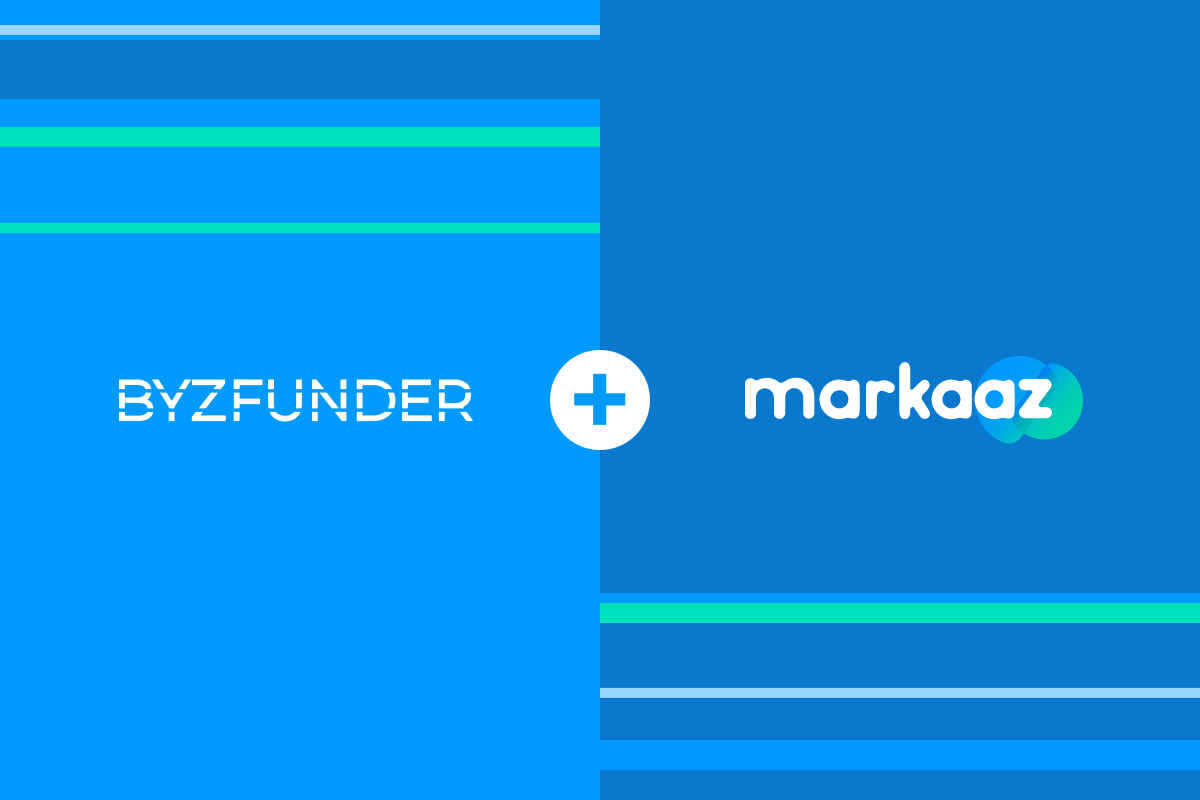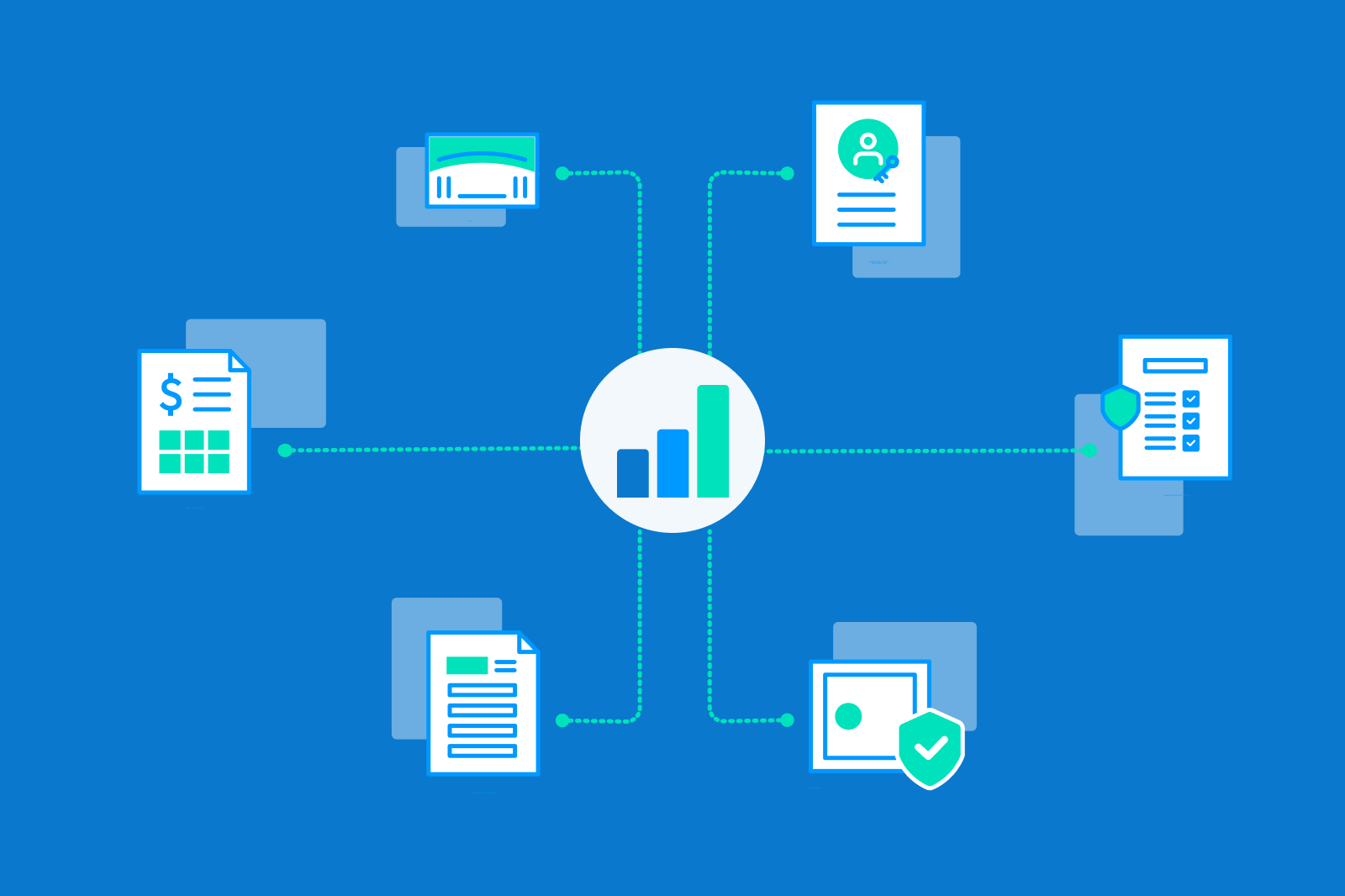Lack of access to capital is one of the most significant barriers to entrepreneurship in the US, especially when considering how much it costs to start a business.
Many business owners are familiar with private external financings such as equity and loans. Still, there is a wide range of other financing options that your small business may be able to take advantage of that you don’t know about.
Whether your business is a startup or has been established for years, it seems like it has only become more difficult to access capital in a traditional way from banks. However, even if a financial institution says “no” to your initial request for a business loan, you shouldn’t be stopped from pursuing your dreams. There may be other ways to get the capital you need; you just need to know where to look.
Many new business owners start out by using personal savings to fund their businesses and start small by reinvesting profits. This approach, also known as bootstrapping, seems to be common sense in the start-up world. However, it can be restrictive to your business’ growth and personal finances. If your business needs a large infusion of capital, you don’t necessarily have to rely on your savings only and shouldn’t if it jeopardizes your financial security.
There are several funding sources available to new and established businesses beyond your savings. Instead of focusing on traditional capital sources, here are five alternative ways for your business to access capital that you may not have considered.
1. Grants for small businesses
This form of capital can be overlooked, but it deserves more attention. The government occasionally matches initiatives they try to promote with small businesses, offering grants. Although it can be difficult to access federal funds, you never know what grants, SBA or otherwise, might be available to you unless you look. business.usa.gov is an excellent place to get started. You should consider bringing on a grant writer to help you with the application. Try to look for less obvious grants or grants offered by private companies. For example, the $15,000 Patagonia Environmental Grant helps environmental and social justice groups who want to make a difference in the world.
Additional small business-focused government capital includes SBA initiatives created during the pandemic, such as the Economic Injury Disaster Loan or EIDL, which was created to help small business owners and qualified agricultural businesses who have suffered a loss directly related to COVID-19 or other economic crises. Another example of this is the Payment Protection Program, or PPP loan, which is an SBA-backed loan that helps businesses keep their workforce employed during the COVID-19 crisis. These loans were incredibly helpful to small businesses, with 5.14 million loan records originating in 2020 and another 6.63 million loans made in 2021.
2. Business credit cards
While it might not be your first option, business credit cards can help you get through a financial bind. According to one SBA study, almost 60% of business owners use credit cards to give their companies some extra capital. Of course, this means you have to make regular, timely payments to maintain access to this credit and prevent your debt from getting even worse. If managed responsibly, credit cards can help build your business credit score, making you eligible for lower-cost capital in the future.
However, this can also be a perilous situation. If you struggle to make payments on your card, it may set you back even further, which could ruin your business credit score. This might cause future lenders to think twice before giving you a loan. If you decide to get a business credit card, pick one with a good interest rate. It’s also a good idea to have a plan to stay on top of payments because some credit cards hike up their interest rates if you are even one day late.
3. Invoice factoring
Many business owners don’t know a financing method available that can give you an advance on future revenue gains or invoice payments: invoice factoring. Essentially, the invoice factoring company will give you money upfront for invoices already sent out. If you have outstanding invoices and bills piling up, factoring is a strategy you should consider.
Once your invoices are paid, you settle your debt with the factoring company. This reduces the gap between billed work and getting payments out to suppliers. As any business owner knows, even when things go a bit more slowly, you still have employees and bills to pay. Sometimes, your customers can wait until the last minute to pay their bills, but you have another option with factoring.
4. Alternative & online lenders
US Treasury Secretary Larry Summers said he expects online lenders to reach over 70% of small businesses, and their speed makes all the difference. You can get funded in days, not weeks or months, which is significant for any small business. They also offer customized loan sizes, which you can tailor to your specific needs.
To be approved for capital from an alternative lending solution, you must provide your monthly cash flow because some lenders have annual revenue requirements. Usually, the application process can be completed in less than an hour. Also, the paperwork requirements are significantly less than a traditional bank loan, which is excellent news for small businesses.
5. Take advantage of comprehensive small business-focused platforms
Opening yourself to alternative avenues for capital can give you a better sense of control over your business, especially when traditional banks turn you down. By determining other routes of getting the money you need, you might be able to expand your business more than you ever thought possible.
The Markaaz team is in the process of implementing new features that will increase access to financing and reduce the friction in payments. This will all be integrated into our pre-verified directory for small businesses, which allows you to find new suppliers and business partners and monitor them over time. We work with institutions of all sizes to build a one-stop shop for small businesses to find verified suppliers, monitor them, and improve their cash flow. This includes the features that would give small businesses a better idea of what financing and capital options are available, opening up a world of opportunities.
Join Markaaz today and be the first to learn about our new cash flow features.




